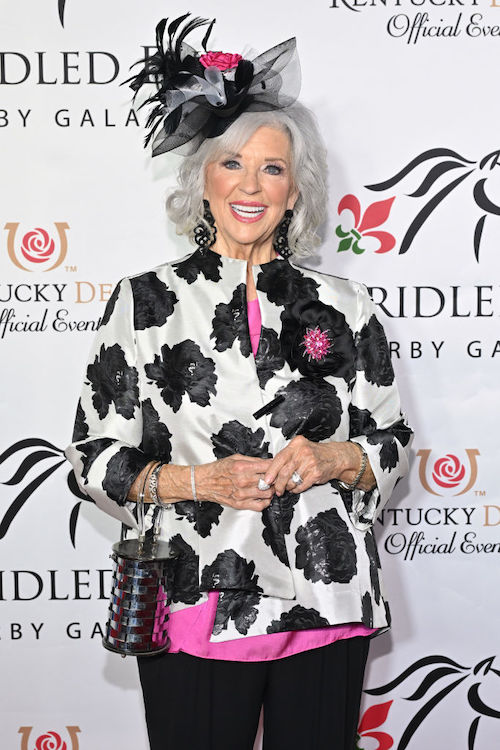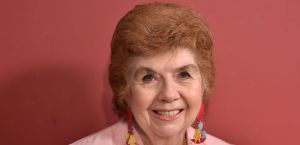Paula Deen isn’t disguising her feelings about Anthony Bourdain, even years after his death.
The controversial celebrity chef took aim at Bourdain, who died by suicide at age 61 in 2018, in her new documentary Canceled: The Paula Deen Story, which premiered at the Toronto International Film Festival on Saturday.
Videos by PopCulture.com
“Anthony Bourdain did call me the most dangerous woman in America,” Deen says in the documentary of the Parts Unkown host who once called the Southern chef the “worst, most dangerous person in America” back in 2011.

Bourdain is then shown in the film saying, “This is not Southern food she’s been selling. Her brand has been all these years, novelty food,” as per Entertainment Weekly, criticizing Deen’s paid partnership with a drug corporation for diabetes medication.
Deen also took public swipes at Bourdain back in the day, with a clip of The Joy Behar Show featuring her criticism of Bourdain’s international culinary travels. “Let me tell you something, girlfriend. Maybe [my food] is bad for you, but I don’t go around eating or serving unwashed anuses of wildebeests,” she said.
In her documentary, Deen doubles down, saying, “I don’t know what he was off in these foreign countries eating. Bat brains or something like that. I think I’ll just stick with my fried chicken.”
The documentary also showcased archived footage of Bourdain revealing a comment Deen had made about his openness about past drug use: “Well, he has had his demons, I hope he had them under control.”

The Kitchen Confidential author said at the time, “‘He’s probably still shooting dope,’ is probably what she’s saying in a nice kind of Southern way.”
When speaking about Bourdain’s death, Deen said, “God rest his soul. I felt like he didn’t like anybody. Not even himself, maybe.” She added elsewhere of their public feud, “He started something with me, and I’d never even met him.”
Deen’s documentary also dove into her 2013 racism scandal, during which she admitted to using the N-word and making racist jokes amid a lawsuit against her filed by a former employee. “Yes, of course I’ve used that word,” Deen says in the doc, attempting to link her usage of the slur by connecting it to a 1987 robbery she experienced at a bank.
Despite the scandal largely tanking Deen’s career, her attorney, Bill Glass, says in the documentary that people “should not take any issue” with her using the slur in context.








